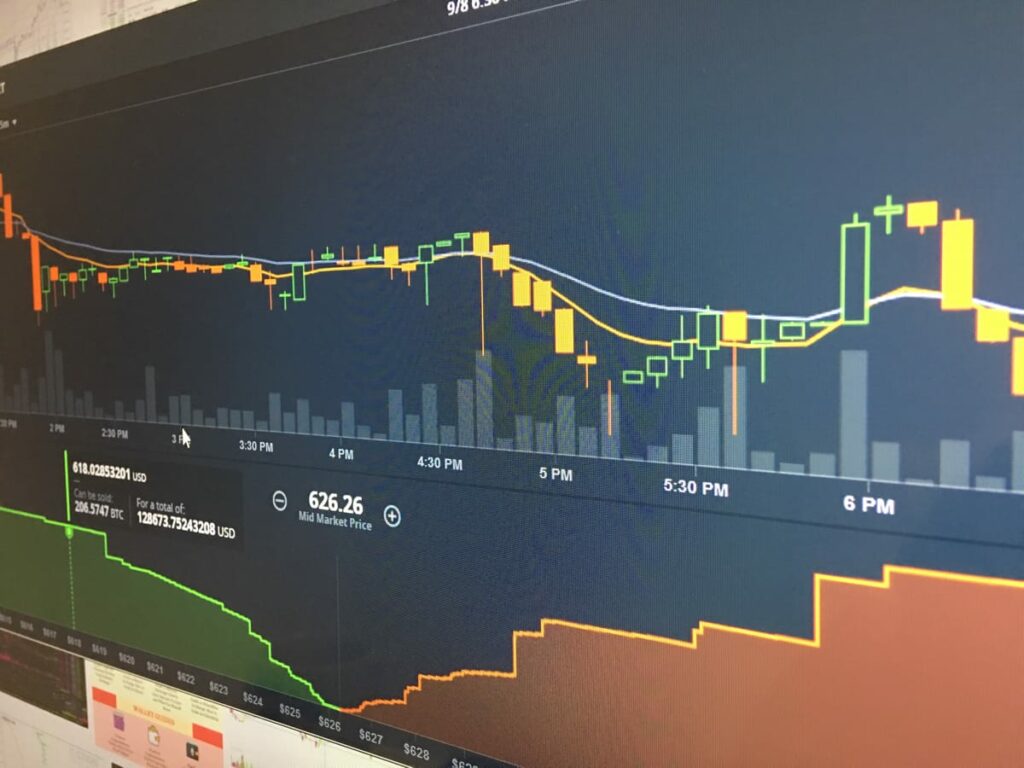As we move into the second decade of the 21st century, climate change is a significant issue that investors are beginning to take seriously. This awareness has resulted in changing expectations of asset managers. One such collective initiative is the Carbon Disclosure Project (CDP), a non-profit organization that administers systematic surveys of major corporations worldwide. These surveys aim to increase the transparency of emissions, quantify carbon management regimes, and identify commercial opportunities.
The climate-change-related challenges facing the world’s economies require financial resources to meet these challenges. By investing in adaptation and mitigation strategies, governments and businesses can realize significant net benefits over the next decade. In addition, such investments will strengthen the resilience of urban and rural communities, Tribes, and economies. Although there will be some upfront costs, these investments are well worth the risks and rewards that climate change will bring.
This shift will also affect corporate competitiveness, as companies with the lowest carbon footprints will benefit from the reduced cost of doing business. Consequently, mainstream carmakers are preparing to produce cars with lower emissions, and energy-efficient buildings are also gaining ground on the market. In addition, the oil majors have publicly committed to cutting their carbon footprints. The shift toward a lower-carbon world has implications for oil and gas companies’ competitiveness and competitiveness.
Health plan organizations have begun to shift their investment priorities in the context of climate change. Intermountain Healthcare, for example, is focusing on climate change in its investments, investing in decarbonization, energy efficiency, and renewable energy. Health plan organizations tend to have lower emissions footprints than other organizations, and Centene also prioritizes environmental issues. These companies have begun to collaborate with coalitions and have published public letters detailing their new approach to climate change.
The investment landscape has changed considerably since the first report on climate risk. France has already passed an energy transition law requiring major investors to assess the impact of climate change on local infrastructure. In Sweden, public pension funds are legally required to determine their carbon footprints as part of their investment decisions. Furthermore, the EU announced its intention to mandate investment firms to consider environmental and social issues. Further, similar legislation has been proposed in the United Kingdom.
The Climate Change Policy Assessments conducted by the IMF and World Bank are an excellent way to consider the impacts of climate change on investment priorities. These assessments help investors determine the most effective investment choices based on their unique climate and social circumstances.














